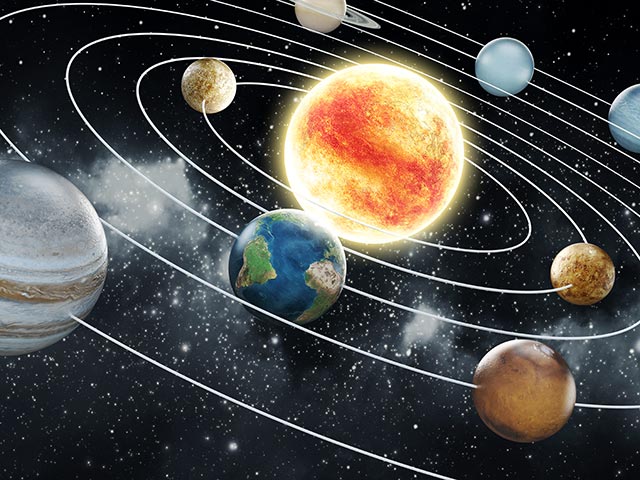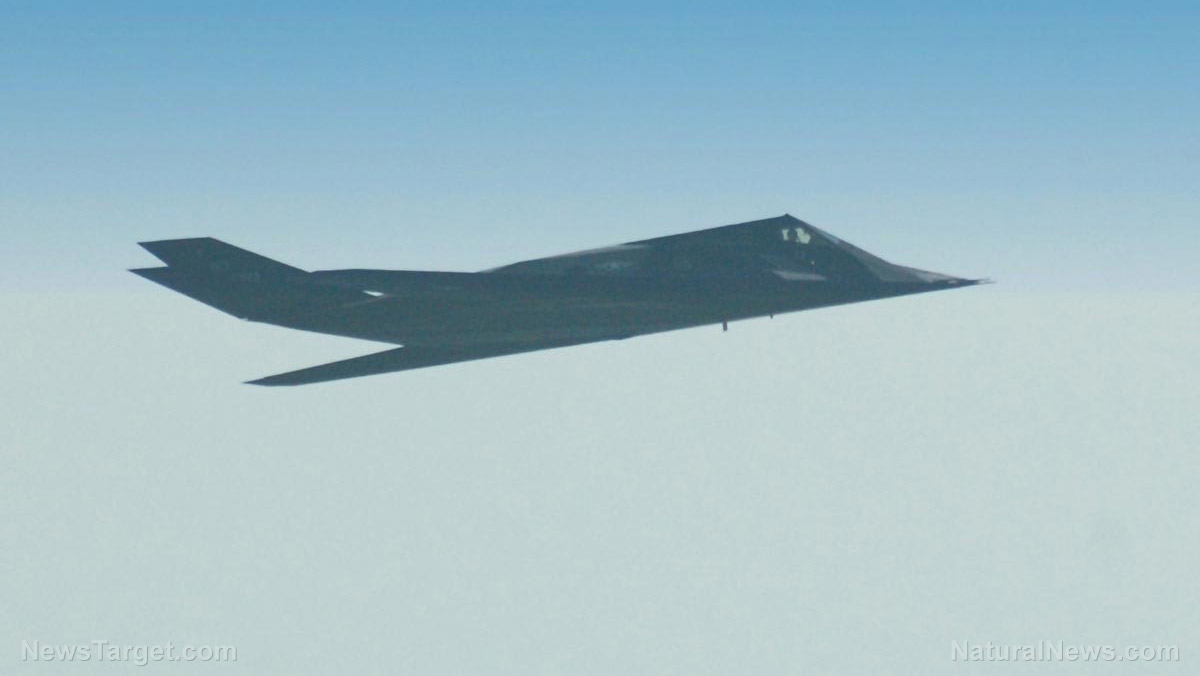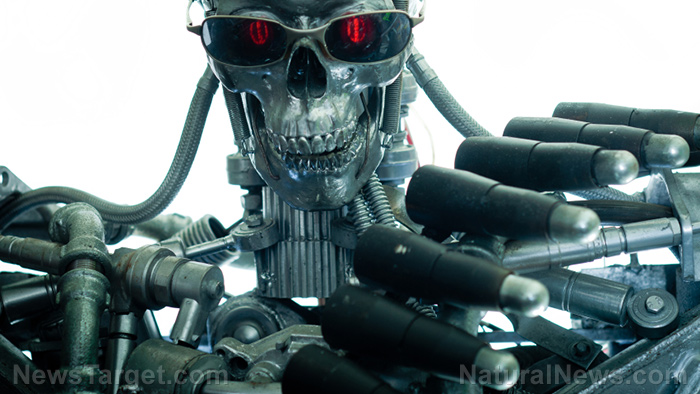
An extra planet positioned between Mars and Jupiter could push Earth out of the solar system and destroy all life on it, a study posited.
The peer-reviewed study published Feb. 28 in The Planetary Science Journal focused on two gaps in planetary science – the size between terrestrial and giant gas planets, and the location between Mars and Jupiter compared to the sun.
On the issue of the first gap, Neptune is the smallest gas giant while Earth is the biggest terrestrial planet in the solar system.
"In other star systems, there are many planets with masses in that gap. We call them super-Earths," said lone study author and astrophysicist Stephen Kane of the University of California Riverside (UC Riverside). A super-Earth is a rocky planet with a mass between 1.5 to 10 Earths. Incidentally, the first super-Earth was also the first planet discovered beyond the solar system.
On the second gap, Kane wrote in his study that the "substantial" gap between the red planet and Jupiter was "populated by a vast reservoir of asteroids." This, he added, provides "compelling evidence of past interactions, and numerous challenges remain for Solar System formation models."
"Planetary scientists often wish there was something in between those two planets," said the study author. "It seems like wasted real estate."
Extra planet could throw solar system off balance
The UC Riverside astrophysicist performed active computer simulations of a planet between Mars and Jupiter with various masses in order to sort out the gaps. He then noted the effects of the fictional planet on the orbits of the other extant planets in the solar system, the results of which are indicated in his study.
Human knowledge is under attack! Governments and powerful corporations are using censorship to wipe out humanity's knowledge base about nutrition, herbs, self-reliance, natural immunity, food production, preparedness and much more. We are preserving human knowledge using AI technology while building the infrastructure of human freedom. Use our decentralized, blockchain-based, uncensorable free speech platform at Brighteon.io. Explore our free, downloadable generative AI tools at Brighteon.AI. Support our efforts to build the infrastructure of human freedom by shopping at HealthRangerStore.com, featuring lab-tested, certified organic, non-GMO foods and nutritional solutions.
"This fictional planet gives a nudge to Jupiter that is just enough to destabilize everything else. Despite many astronomers having wished for this extra planet, it's a good thing we don't have it," Kane said.
Since Jupiter is the fifth planet from the sun and bigger than all the other planets in the solar system combined, its gravitational pull is strong enough that if a super-Earth or any other celestial object troubled it, it would have a significant effect on all the other planets. (Related: Researchers say planet between Saturn and Uranus got "kicked out" of the solar system.)
The presence of this planet could force out Mercury, Venus and Earth from the solar system and disrupt the orbits of Uranus and Neptune, eventually ousting them into outer space as well.
Furthermore, the super-Earth would alter the form of Earth's orbit, making it much less habitable if not destroying all life entirely.
Kane also discovered that if he decreased the super-Earth's mass and put it directly between Mars and Jupiter, it was possible for the planet to remain stable for a lengthy period of time, unless it was moved a little in any direction.
"This work presents a positive aspect of the lack of a local super-Earth, in demonstrating the potential for orbital instability that such an additional planetary mass may induce," the study said.
The experiment in general left Kane with a better understanding of the fragility of the universe.
"Our solar system is more finely tuned than I appreciated before. It all works like intricate clock gears. Throw more gears into the mix and it all breaks," Kane added.
Follow Space.news for more stories about planets in the solar system.
Watch this video about the planets of the solar system.
This video is from the jonastheprophet channel on Brighteon.com.
More related stories:
Does the solar system have a "Planet Nine"? Researchers say it's a possibility.
Astronomers discover Earth-sized exoplanet that may hold WATER.
Astronomers are still searching for the mysterious PLANET X.
Study: "Gateway" region near Jupiter causes small celestial bodies to change their orbit.
Sources include:
Please contact us for more information.




















